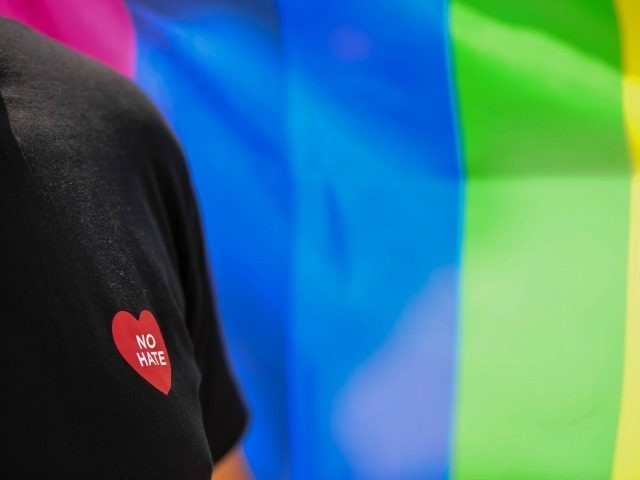The Kentucky Court of Appeals ruled Friday that a Christian printer is free to turn down jobs that conflict with his religious beliefs.
In 2012, the Gay and Lesbian Services Organization (GLSO) filed a complaint against Blaine Adamson, the owner of Hands on Originals in Lexington, after he declined the job of printing T-shirts for a local Gay Pride festival. Though Adamson referred the activists to another printing company, and they ended up obtaining the shirts at no cost to them, GLSO’s complaint with the Lexington-Fayette Urban County Human Rights Commission landed Adamson a ruling that would have required him to take on jobs at his business that force him to abandon his faith principles.
Attorneys at Alliance Defending Freedom (ADF), which represented Adamson, appealed the order to the Fayette Circuit Court, which reversed the commission’s ruling and affirmed Adamson’s religious freedom. The commission, however, then appealed that decision to the Court of Appeals, which ultimately upheld the circuit court’s ruling.
In the appeals court opinion, Chief Judge Joy A. Kramer referred to the fact that Hands on Originals brands itself as a “Christian outfitter” with the following “right to refusal” on its website:
Hand On Originals both employs and conducts business with people of all genders, races, religious, sexual orientations, and national origins. However, due to the promotional nature of our products, it is the prerogative of Hands On Originals to refuse any order that would endorse positions that conflict with the convictions of the ownership.
The judge found that Adamson did not engage in unlawful discrimination against GLSO, writing:
[I]t is not the aim of public accommodation laws, nor the First Amendment, to treat speech as this type of activity or conduct. This is so for two reasons. First, speech cannot be considered an activity or conduct that is engaged in exclusively or predominantly by a particular class of people. Speech is an activity anyone engages in—regardless of religion, sexual orientation, race, gender, age, or even corporate status. Second, the right of free speech does not guarantee to any person the right to use someone else’s property, even property owned by the government and dedicated to other purposes, as a stage to express ideas.
“Nothing in the fairness ordinance prohibits HOO [Hands on Originals], a private business, from engaging in viewpoint or message censorship,” the judge continued. “Thus, although the menu of services HOO provides to the public is accordingly limited, and censors certain points of view, it is the same limited menu HOO offers to every customer and is not, therefore, prohibited by the fairness ordinance.”
The judge found no evidence that Hands On Originals “refused any individual the full and equal enjoyment of the goods, services, facilities, privileges, advantages, and accommodations it offered to everyone else because the individual in question had a specific sexual orientation or gender identity.”
ADF notes the concurring opinion by Judge Debra Hembree Lambert, who observed that Hands On Originals is protected by Kentucky’s Religious Freedom Restoration Statute, and that Adamson is free to operate his business in accordance with his “sincerely held religious beliefs.”
However, in a blog post at GLSO’s website, Amy Hatter writes:
This ruling sets a dangerous precedent for our community, and chips away at those ordinances that are in place to protect against such blatant discrimination. Over the next several days, the boards of the Pride Community Services Organization and the Lexington Human Rights Commission will have to make a decision about whether this ruling should be appealed to the Kentucky Supreme Court.
“Americans should always have the freedom to believe, the freedom to express those beliefs, and the freedom to not express ideas that would violate their conscience,” said ADF senior counsel Jim Campbell, who argued before the appeals court in December of last year. “Today’s decision is a victory for printers and other creative professionals who serve all people but cannot promote all messages. It is also a victory for all Americans because it reassures us all that, no matter what you believe, the law can’t force you to express a message in conflict with your deepest convictions.”

COMMENTS
Please let us know if you're having issues with commenting.